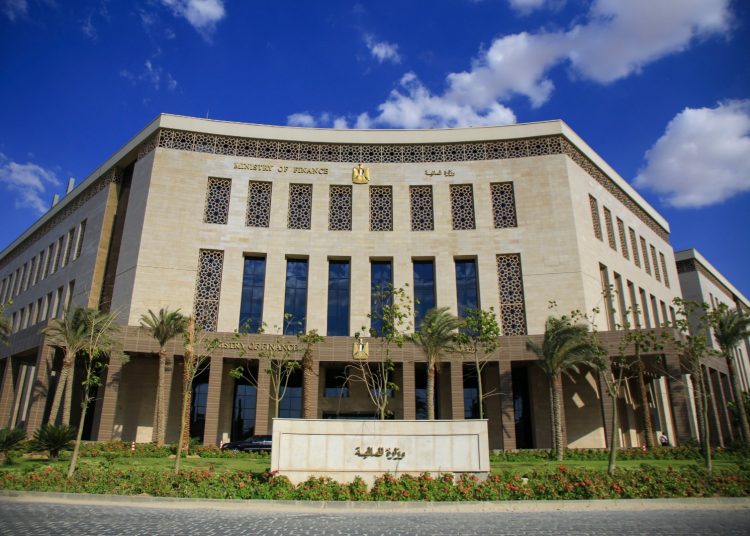Egypt’s Minister of Finance, Mohamed Maeet, unveiled on Friday plans to fully automate clearing system for investors’ receivables and their debts to the government, citing presidential directives to facilitate procedures in a bid to stimulate investment and drive economic activity.
The government, in collaboration with a specialised company, is working on an electronic system for clearing investors’ receivables.
Maeet has made it clear that the plans are aimed at simplifying and automating government financial transactions for boosting investment climate and enhancing governance.
According to him, the objective is to speed up procedures and refund the value-added tax within a maximum of 45 days. The government also seeks to pay export support within 90 days to encourage investors to increase production.
The new electronic system has been recommended by the Supreme Council for Investment and the directives of Prime Minister Moustafa Madbouli.
“We aim to electronically link the clearing and automated financial systems to ensure facilitation of settlements of investors’ receivables,” Maeet said in a statement.
Officials from the Ministry of Finance held a number of meetings with representatives of the concerned authorities, departments and sectors, including: the Egyptian Tax Authority, the Real Estate Tax Authority, the Customs Authority, the Export Development Fund, and the National Social Insurance Authority, to develop a clear and specific framework for an electronic clearing system.
Prime Minister Madbouli will issue later a decree specifying the electronic clearing system’s scope of work as well as a time frame for implementing investors’ requests.
For her part, Nesreen Lasheen, head Investor Services Department at the Ministry of Finance,said that the present automated systems, whether in the Ministry of Finance or other government agencies,“were taken into account”, to ensure the highest levels of compatibility and integration.
Tax digitisation
In a bid to ease the business climate for investors, the Egyptian government has launched a national project for tax automation and digitization. The government’s ultimate objective is to upgrade the tax system to increase revenues and combat evasion.
The Ministry of Finance is working on upgrading the tax system in a bid to increase revenues and combat evasion. The upgrading process will include training programs for tax officials and automation.
The North African country has switched to VAT as part of an overall economic reform package, new legislations for investment, civil service and industrial licensing.
VAT and digitisation are imperative to modernize the nation’s tax system, which is the oldest in the Middle East and North Africa (MENA) region. From a macroeconomic perspective, the tax digitization will in time increase public finance.
The automation project is designed to cut time and cost of taxation procedures through electronic registration, accounting, revision and collection.






Discussion about this post